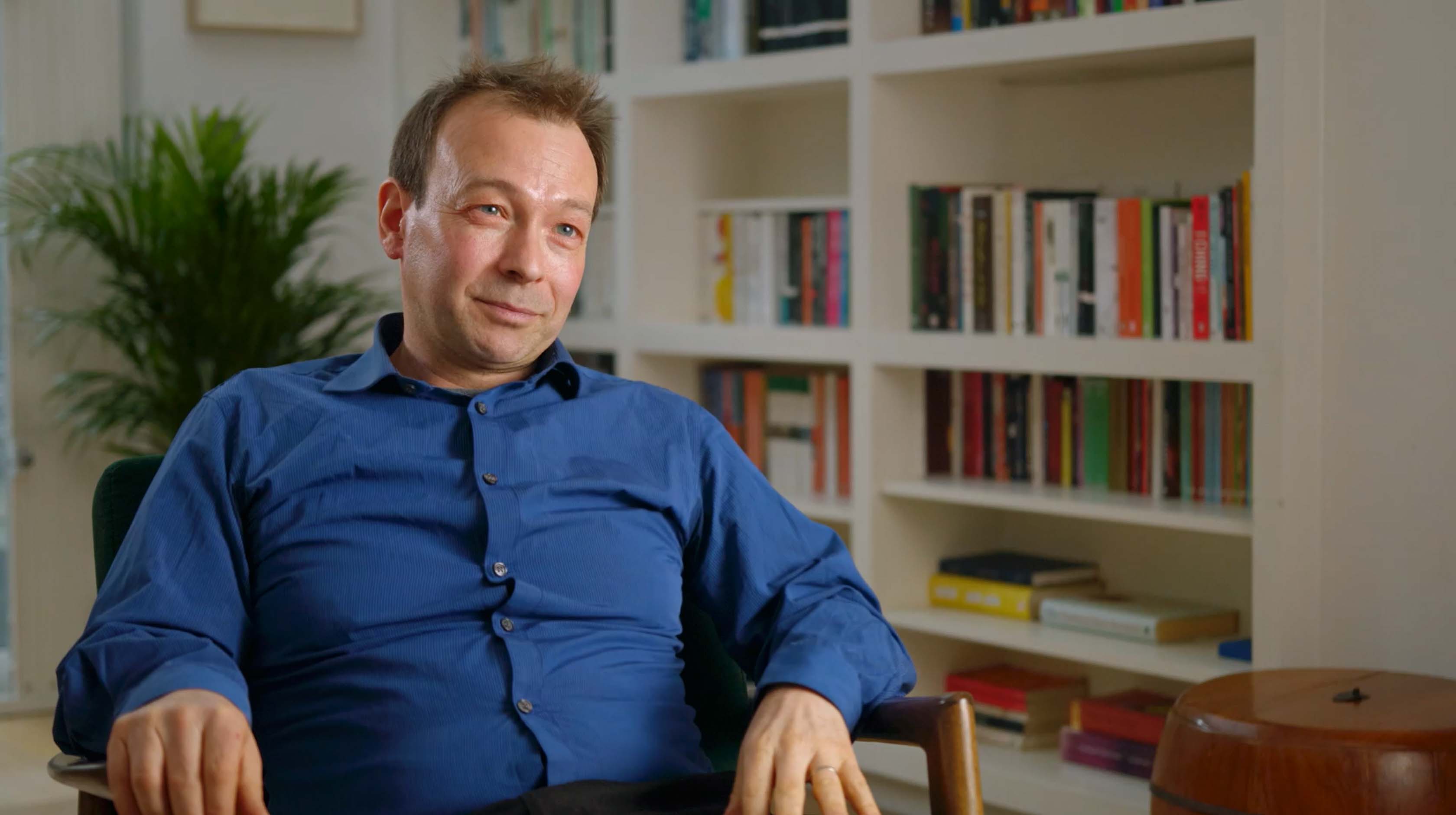
Adaptability and Resilience
Mindfulness Teacher and Author of Into The Heart of Mindfulness
inpractise.com/articles/mindfulness-self-mastery
Why is this interview interesting?
- How mindfulness practice can help us cultivate an ability to be adaptive to the needs of the moment
Ed Halliwell
Mindfulness Teacher and Author of Into The Heart of Mindfulness
Interview Transcript
How do you look at the relationship between mindfulness and self-mastery?
I would say that it’s a process towards self-mastery, because let’s not make it too much of a big deal. Who among us is fully self-mastered? If you get there, you probably don’t need to come to a mindfulness course. You can teach me. Moving towards self-mastery is a process. I would argue that mindfulness training is a way to travel on that journey, towards great self-mastery.
We cannot be masters of ourselves until we can notice what’s happening and until we can understand ourselves. William James said, in 1890, that if we can learn to bring back our wandering attentions, the skill of attention, then that’s what can make us master of ourselves. He said that nobody who doesn’t have this skill can be master of themselves. By learning how to pay attention and learning how to regulate our experience, the A and the B of mindfulness training, awareness and being with, not impulsively reacting, automatically, then we are able to regulate more skillfully, and therefore, be more resilient, because we’re not just drawn here, there and everywhere, when difficulties come. We’re able to stay present, we’re able to be less reactive and more steady. From that place, we are able to discern and act on real choices, rather than just first thing that comes into our mind, which will be a habit. It might be a good habit, a lot of the time, but it’s not a helpful habit all the time.
Each of us are different. We’ll each have our different habits that are skillful and we’ll each have our different habits that are not skillful, which is why we need the first bit of mindfulness training, which is to become aware of what’s going on, because we are all different. There’s no simple way to say, this is how mindfulness will help you, because you are unique. But it can give us the skills to look and find out and see what those are and the skills to practice not reacting habitually. In that way, we can start to become more masters of our experience, if you like.
If we were to look at traits like adaptability and resilience, in what ways have you found a relationship between mindfulness practice and those two traits, specifically?
One of the propensities of the automatic pilot, doing driven mode of mind that we’ve discussing, is rigidity, if we are meeting our experience in a reactive way, in that fast, shortcut, speedy manner, which is very helpful in some instances. If you’ve got a wild animal coming at you, you don’t want to be meditating at that moment. You probably don’t want to be reflecting at that moment. I wonder how I’ll deal with this wild animal? You want to be getting out of the way, without needing to think about it. That habitual reaction that has evolved within us, to flee threats, would kick in there, hopefully, and we’d flee to safety.
However, that reaction, because of its speed and automaticity, is rigid. There isn’t time to consider other options. The body will just get us out of the way. It’s like a quick and dirty response; it has to be. But it means there is no real discernment going on as to what the situation actually is, which means that we will tend to react to any threat, any perceived threat, as if it is a wild animal and want to get out of the way. Maybe there are some perceived threats that, actually, aren’t immediate threats to our life. Maybe it isn’t helpful, in some of those situations, just to get away from it, because, firstly, it may still be there when we come back.
In those situations, perhaps, actually, what we need is not to flee, but to pause and look at it. It isn’t a wild animal trying to get us; it’s a problem that needs addressing. It’s a situation that needs appraising. It’s another person where we both might benefit from a relationship, rather than just screaming at them or running away from them. What we’re then displaying here, is adaptability, flexibility, which is realizing when a situation needs more than the rigid, automatic response. That’s difficult because those automatic, rigid responses, which we call habits, will inevitably kick in. Particularly in our bodies, they will kick in as feeling, thoughts, impulses.
Copyright Notice
This document may not be reproduced, distributed, or transmitted in any form or by any means including resale of any part, unauthorised distribution to a third party or other electronic methods, without the prior written permission of IP 1 Ltd.
IP 1 Ltd, trading as In Practise (herein referred to as "IP") is a company registered in England and Wales and is not a registered investment advisor or broker-dealer, and is not licensed nor qualified to provide investment advice.
In Practise reserves all copyright, intellectual and other property rights in the Content. The information published in this transcript (“Content”) is for information purposes only and should not be used as the sole basis for making any investment decision. Information provided by IP is to be used as an educational tool and nothing in this Content shall be construed as an offer, recommendation or solicitation regarding any financial product, service or management of investments or securities.
© 2026 IP 1 Ltd. All rights reserved.


